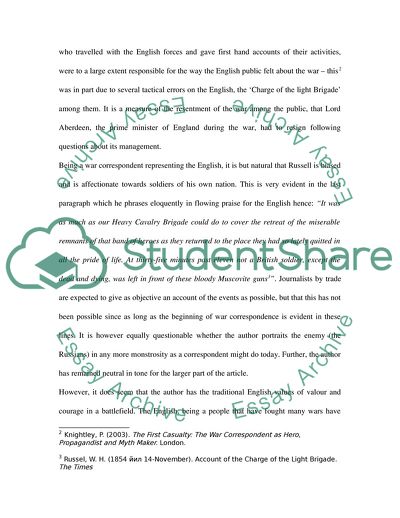Cite this document
(Propaganda and War: Document Analysis Literature review Example | Topics and Well Written Essays - 2500 words - 1, n.d.)
Propaganda and War: Document Analysis Literature review Example | Topics and Well Written Essays - 2500 words - 1. https://studentshare.org/military/1762798-propaganda-and-war-document-analysis
Propaganda and War: Document Analysis Literature review Example | Topics and Well Written Essays - 2500 words - 1. https://studentshare.org/military/1762798-propaganda-and-war-document-analysis
(Propaganda and War: Document Analysis Literature Review Example | Topics and Well Written Essays - 2500 Words - 1)
Propaganda and War: Document Analysis Literature Review Example | Topics and Well Written Essays - 2500 Words - 1. https://studentshare.org/military/1762798-propaganda-and-war-document-analysis.
Propaganda and War: Document Analysis Literature Review Example | Topics and Well Written Essays - 2500 Words - 1. https://studentshare.org/military/1762798-propaganda-and-war-document-analysis.
“Propaganda and War: Document Analysis Literature Review Example | Topics and Well Written Essays - 2500 Words - 1”. https://studentshare.org/military/1762798-propaganda-and-war-document-analysis.


